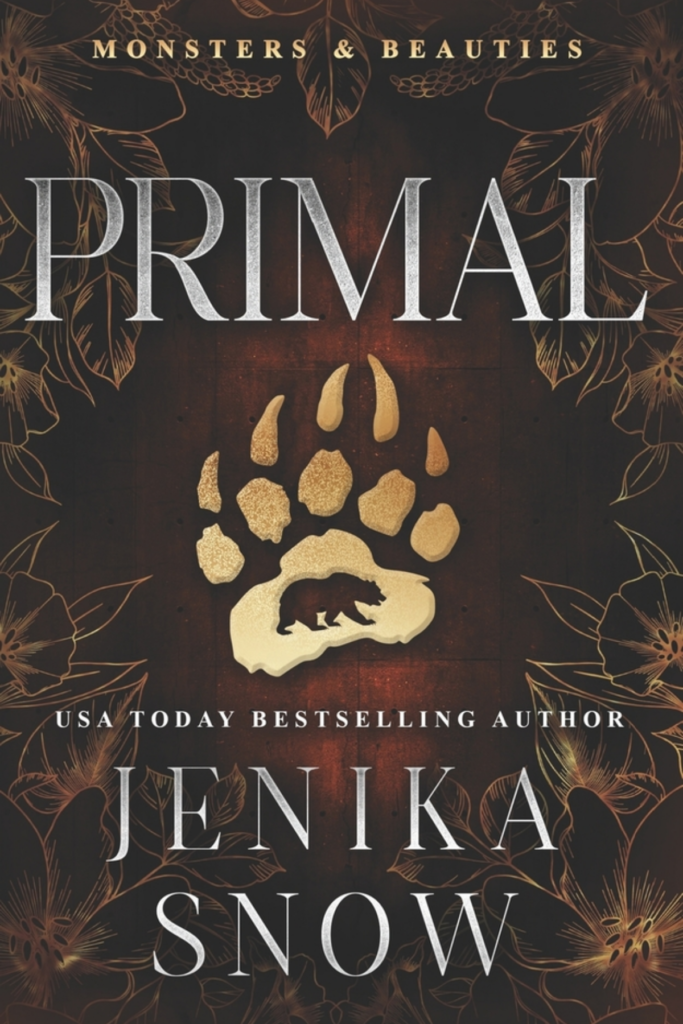
What is a Writer’s Date?
A writer’s date is a focused amount of time dedicated to writing - often housed within an outing, getaway or adventure, to add inspiration, clarity, connection, focus or isolation to facilitate the writing process.
In other words, a Writer’s Date is when you consciously prioritize writing, then sit down and do some. This can be as simple as pausing to text yourself a writing idea or as complex as a 5-star, jet-setting world tour for three years - so long as you are writing.
How to organize a Writer’s Date.
Now that you know what a Writer’s Date is, the seed has already been planted (insert good-intentioned evil laugh here - and tented fingers!). Knowing that a Writer’s Date exists and is a thing is the first step towards having one. The next step is to decide that you and your writing deserve one.
The Rules:
There is only one Rule for having a Writer’s Date:
You must consciously decide to write and then write.
If you deliberately write any number of words down - on a page, in a Word doc, in a text, scribbled on the back of your hand with a Sharpie (been here) - you have had a Writer’s Date.
Here are the Best Practices:
- Decide you will have a Writer’s Date in advance - it can be weeks or months in advance (but within the week is ideal)
- Be prepared - don't lose your work
- Work on one project at a time if you intend to complete a project.
- Work on many projects at a time if you want to explore or experiment.
- If something isn’t working - identify it and change it
- If you want to do something, you must first be willing to be terrible at it! This is the path to greatness :)
- Give things a chance - you may not like it at first, but you might still learn something really powerful from trying something new.
- Inspiration hides everywhere. If you are stuck or bored, consider trying something new. Often, a novel experience will bring more insight and clarity than the familiar.
How to Schedule a Successful Writer’s Date:
- Decide your Time Budget - how much time can you focus on writing? Be realistic - but push your assumptions. If you cannot take three days off, don’t expect to - but if you’ve never tried to schedule 3 days off - or an extra hour babysitting - give it a shot. Seek creative solutions that are within acceptable parameters for you.
- Decide on a Financial Budget—If you have never considered making a financial budget, I encourage you to explore it. Knowing how much money you can comfortably spend on some of your time is important to keep the experience beneficial and enjoyable. Plus, a budget can help get the creative juices flowing. Problem-solving is great for your brain!
- Decide how you will write - Type, dictate or long-hand. This will help when you pack and ensure that your work gets properly saved, stored and protected - if you intend to complete a task - writing just for writing’s sake also has massive value.
- Remove impediments—Decide what is currently standing in your way of writing, and organize your writing date to remove as many impediments as possible.
Let's start scheduling!
One week plus
- Find a place to stay or plan to be home.
- Book yourself off - cancel appointments, put an out-of-office message in your email, and warn your friends and family you’ll be out of touch. Create whatever level of separation you need from ‘real life’ so you can focus on writing.
Inspiration Focus:
- Explore and research things to do and pick some that either let you write as you experience them (museums, art galleries, zoos, botanical gardens, restaurants, cafes, parks, etc.) or that have some time between them to focus on capturing your observations and experiences (sporting events, bike tours, zip lines, swimming, hiking, running, climbing, playing, painting, creating, sewing, cooking, dancing, etc.)
- Plan out your days making sure to leave adequate time to write, sleep and take care of yourself.
Production Focus:
- Decide how you write best - is it at home in your office, a new place with no distractions, a cafe, or a coffee shop with people around? Do you need to move after an hour or more? Is it a specific time of day? Many people have blocks of time in which they are most productive. How long is a productive amount of time before you get productive? How long do you need to warm up? How long can you successfully focus before you need a break? Knowing your max focus time can make you more productive in the long run by helping you schedule breaks and shake up a productive day to make it even more productive.
- Book a place that aligns with your budget and what you need to offer the most productivity. An express hotel may be the perfect choice if you need a neutral space with limited distractions. If you need the comforts of home, a staycation may be a better option. If you need lots of stimulation, look for a spot near the center of a vibrant arts or music scene.
- Plan your breaks. Set a timer and make an agreement with yourself if necessary. Be sure to eat and stay hydrated, even in the thick of your writing sprints.
- Do what you need to do on your breaks - whether it is go outside and get some air, or move your body, or get in the car and go for a drive. Plan your breaks like you plan your writing blocks, with intention. If you need to shift or move them in the moment, do so freely. Remember: there is only one rule - the rest of this is just for fun 🙂
One Weekend
- Pick a place to stay - Hotel, Airbnb, Friend’s place, Van or camping, or staycation.
- Book yourself off from everything, including family and friends, as possible and as desired.
Focus on inspiration:
- Scheduled time with people can be a fantastic source of inspiration, so long as you can take the time to write after.
- Keep your eyes open for classes, courses, shops, museums, art galleries, pubs or restaurants you haven’t been to or found interesting. Take detours for inspiration or plan out precisely what you need to see and do for your current project.
Focus on productivity:
- Create a space and schedule that offers you the most time and support to write. Layer in breaks and self-care - or take a page from Goggin’s methodology and lock it down! There is no right or wrong way to do this - so long as you write!
A Day
- Book yourself off from life.
- Decide if you are staying in or going out.
- Plan and pack accordingly.
- Enjoy
An Hour
- Book yourself off from life.
- Decide if you are staying in or going out.
- Plan and pack accordingly.
- Enjoy
On the Go
- Decide that you can and will write anywhere, any time, any way.
- Pick the easiest, most convenient way of writing on the go. I have a Messanger chat with myself, and as I usually have my phone, it is my go to place for jotting down story ideas and other random thoughts. I also use a couple word processor apps to edit or write on my phone. Its my least favourite way to write, so its not my first option for long writing sessions, but I love having a record of my ideas as I go.
- Have that process with you and remember it occasionally as your writer juices start flowing.
The hardest part of having On the Go writer dates for me was 1. remembering that I am a writer and that jotting down ideas was important enough to do and 2. being brave enough to randomly stop a conversation and say something ridiculous like “This would make a great story. I have to write it down.”
If you are in a writer’s group, a group writer’s date is also an amazing option. Get together and write. See what happens. You might just be inspired.
If this is new for you, this is also a chance to practice setting boundaries. Tell people that you are setting some time aside to write. Ask them to respect your writing time—or at least leave you alone during these set times. Then, practice sticking to your boundaries and focusing on your writing.
A wildly successful writing date may take a few tries, but that's the best thing about writer dates—there is no wrong way to do them—as long as you write something.
Give yourself a break if you don’t quite have a writer date the first few tries. You fell on your ass a bunch learning to walk, so you can take a minute and take some time to get good at this too.
Good luck.




